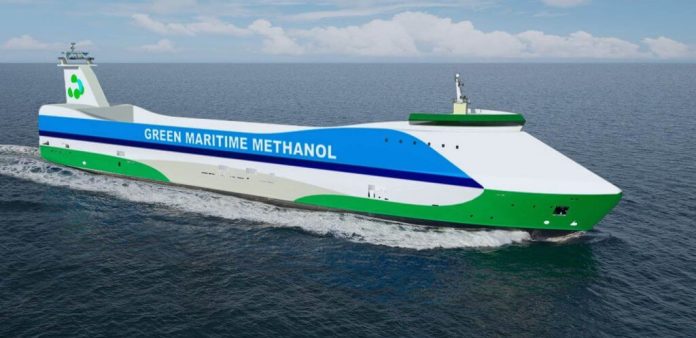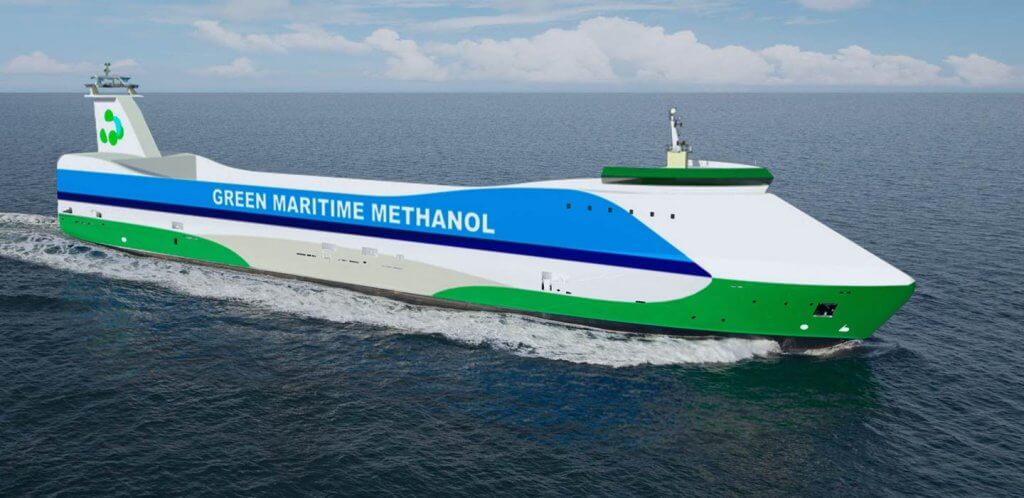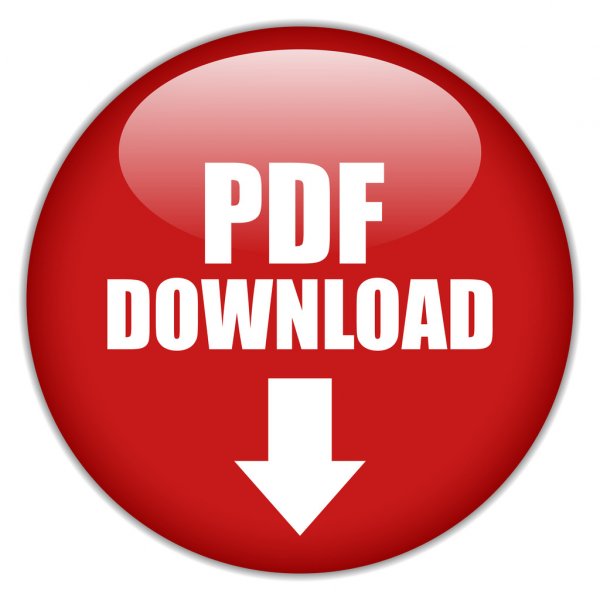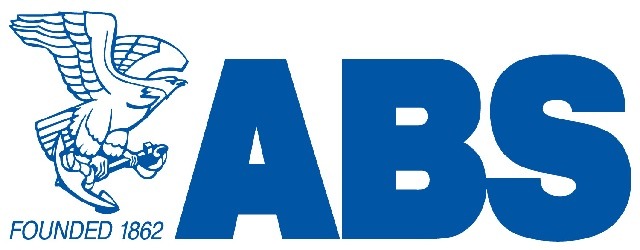
(www.MaritimeCyprus.com) The Guide sets out classification criteria for the arrangements, construction, installation and survey of machinery, equipment and systems for vessels operating with methanol or ethanol as fuel with a focus on minimising risks to the vessel, crew and environment.
Methanol is widely regarded as one of the leading renewable fuel options that can provide carbon neutral fuel supply and support decarbonisation within the maritime industry. Industry leaders are already ordering methanol-fueled vessels as part of their decarbonisation strategy and securing the supply of carbon neutral e-methanol.
“ABS is involved in multiple methanol-fueled projects covering container vessels, bulk carriers, and tankers, together with dual-fuel machinery projects, and we are proud to be able to use our experience to support the industry with the publication of this guide,” said Patrick Ryan, ABS senior vice president, global engineering and technology.
Vessels are eligible to receive the Low Flashpoint-Fueled Ship (DFD-Methanol) notation when they are arranged to burn methanol for propulsion or auxiliary purposes in accordance with the requirements of the Guide.
The international regulations pertaining to gas or other low flashpoint fueled ships other than those covered by the IGC Code are those included in the IMO International Code of Safety for Ships Using Gases or Other Low Flashpoint Fuels (IGF Code), which entered into force on 1 January 2017. The IGF Code has been incorporated along with ABS requirements into Part 5C, Chapter 13 of the ABS Rules for Building and Classing Marine Vessels (Marine Vessel Rules).
Currently the IGF Code only includes detailed prescriptive requirements for natural gas (methane) applications. All other low flashpoint fuels or gases must demonstrate an equivalent level of safety by application of the Alternative Design methodology as specified in the International Convention for the Safety of Life at Sea (SOLAS) Chapter II-1 regulation 55 and guidelines referenced by footnote MSC.1/Circ.1212 or associated guidelines MSC.1/Circ.1455.
However, where other prescriptive IMO requirements exist for particular gases or other low flashpoint fuels, either by regulation or as interim guidelines, these may be applied in lieu of the Alternative Design criteria, subject to agreement by the flag Administration. IMO’s adoption of MSC.1/Circ.1621, the Interim Guidelines for the Safety of Ships Using Methyl/Ethyl Alcohol as Fuel, in November 2020 has now established the goals, functional requirements and prescriptive requirements for application of methanol or ethanol as marine fuels.
Accordingly, this Guide has been developed to provide guidance for the design, construction, and survey of vessels using methanol or ethanol as fuel. This guide focuses on systems and arrangements provided for the use of methanol or ethanol for propulsion and auxiliary systems and incorporates IMO’s MSC.1/Circ.1621.
The ABS Guide for Methanol and Ethanol Fueled Vessels is available for download below:
Source: ABS
For more Maritime resources and Guides, click HERE















